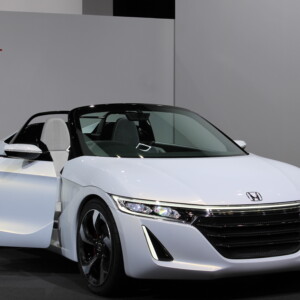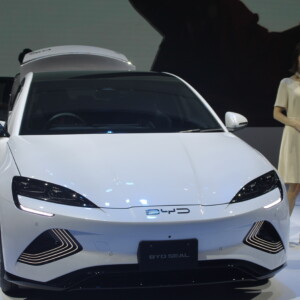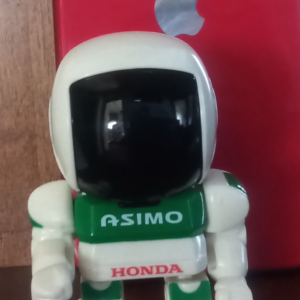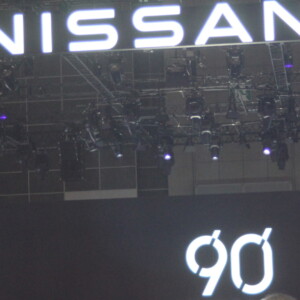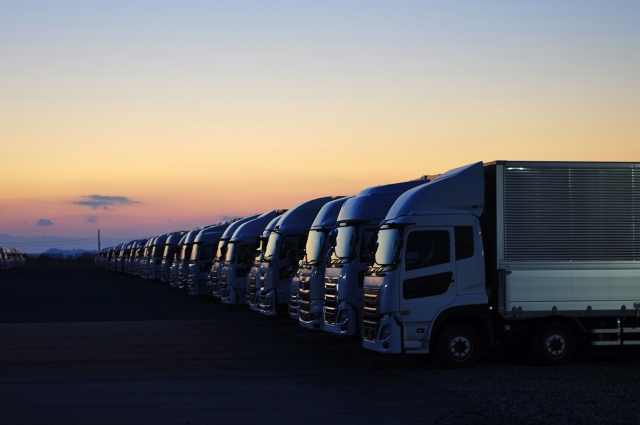
Benz is easy to get! Mitsubishi, Hino ,two truck companies under their umbrella, the loneliness of the decline of the Japanese manufacturing industry
I dare to explain first. It is not that it is mistaken for the number of power plots set up by German Mercedes-Benz. There are times when I guess that I was aiming a little, but I understand that the biggest reason for the defeat is the situation on the Japanese side.
Although the failure of your own management is the trigger...
Hino Motors and Mitsubishi Fuso Truck and Bus. Two of the world’s leading commercial vehicle manufacturers have been swallowed up under the umbrella of Benz. From the bottom of my heart, it’s a waste. It is an important treasure for the Japanese manufacturing industry. It’s not just because automobiles are a key industry. Diesel engines, car body designs, chassis, etc. are designed according to customer requirements and produced efficiently. Unlike passenger cars, the technology and experience of custom-made production are built by gathering the essence of the manufacturing industry. They let it go because of the failure of corporate managers and the lack of power to see through the future. Will the Japanese manufacturing industry decline like this? Only lonely feelings remain at hand.
From an old story from 40 years ago. In the 1980s, Japanese truck and bus manufacturers continued to have a four-company system: Hino Motors, Nissan Diesel, Mitsubishi Motors, and Isuzu Motors. Each has its own strong personality, and I believe that the energy that these four companies compete for in the development and production of trucks and buses was the source of Japanese commercial vehicles to the world. At that time, I was interviewing as a newspaper reporter, but everyone’s color, such as the president, engineer, and sales representative, was different, and it was full of very fun memories.
Hino is a wild samurai, and Mitsubishi is the honesty of carrying Japan
It’s pretty rough, but I’ll compare it. Hino and Isuzu have the same founding mother. However, Hino has strong technical and sales skills to the extent that he is called a “wild warrior”, and he really embodies the truck guy. The momentum of the strong attack pushed Hino to the top of the commercial vehicle.
On the other hand, perhaps because Isuzu had a strong sense of prestigious that led passenger cars and commercial vehicles from the early days of Japanese automobiles, even if they have high technical skills, their sales skills are inferior to other companies. All the technologies under development were unique and interesting to interview, and it was my personal favorite company. But I’m not good at making money. In the end, I had to give up the passenger car business, which had been going on in detail while producing famous cars. Very sorry.
Nissan Diesel is positioned as Nissan Motor’s truck and bus business division. It was an honest manufacturer, but like the parent company Nissan, it was very bad at sales. In order to increase sales, I have heard an anecdote that new customers were given blank slips saying “write the amount you like” in order to increase sales.
Mitsubishi Motors originated from Mitsubishi Heavy Industries, so both passenger cars and commercial vehicles are heavy. Durability and long-lasting are the first, and there are times when you try too hard to make good things and ease of use is secondary. After all, the brand “Fuso” is derived from “Fuso”, which means Japan since ancient China. Before the war, when Mitsubishi had a new business, it was named “Fuso”. It seems that the Mitsubishi Group continues to carry Japan even after the war.
To the time of cooperation with Volvo, Mercedes-Benz, etc.
The 1980s was also the time when Japanese cars had a great presence and shone in the world. Four truck and bus companies also ran around the global market, but in order to survive, they decided to repeat the same as passenger cars. European truck manufacturers such as Mercedes-Benz, Volvo, Renault, and Scania continue to have many partnerships with American GM.
Nissan Diesel restructured its management under Nissan, which had a capital alliance with Renault in 1999, but eventually became under the umbrella of Volvo. In 2010, it was reborn as a UD truck bearing the brand name “UD”. In 2019, due to the partnership between Isuzu and Volvo, it was transferred to Isuzu’s umbrella.
Mitsubishi Motors was founded in 1970 by the automobile division independently from Mitsubishi Heavy Industries. It grows rapidly due to the longing of the presidents who hide the idea of “looking back at the heavy industry of the parent company”, but due to that unreasonableness, the recall was discovered in the 2000s and fell into a management crisis.
I relied on Daimler Benz, which had the same view of history as Mitsubishi at the time and believed that they could be trusted. Although the truck continued to maintain its position at the top of the domestic market share, it could not afford it, and the passenger car division died out and tried to survive by in a capital partnership with Daimler-Benz. Even so, the truck and bus business, which was thought to survive without any assistance, was unable to respond to the passenger car crisis and was separated into a joint venture with Daimler “Mitsubishi Fuso Truck and Bus” in 2003. In the end, it became a consolidated subsidiary of Daimler-Benz in 2005.
At that time, I witnessed . It seemed that the Mitsubishi Group had lost the motivation to manage Mitsubishi Motors itself, so it seemed that it could survive without the help of Daimler-Benz, but it seemed that the Mitsubishi Fuso was sold at Daimler’s behest. It was. ” It’s a waste” I don’t know how many times I’ve repeated it.
Even if you repeat “it’s a waste”, it can’t be helped
Twenty years later, I never thought that I would say “it’s a waste” again. I have no intention of protecting Hino Motors because of their own mistake of engine unauthorized certification. However, it will not be under the umbrella of Daimler Trucks, a subsidiary of Mercedes-Benz, by integrating management with Mitsubishi Fuso Trucks.
Even if it is under the umbrella, to be precise, the parent company is a half-owned company of the previous parent companies Toyota Motor Corporation and Daimler Trucks. I’m not completely cutting ties with Toyota, but I don’t think Toyota will treat Hino with affection as a parent company. It’s been quite cold so far. Even if I wait calmly, I feel like I can hear the voice saying “Greet you, Daimler”.
Even if you repeatedly blurt out “it’s a waste”, there’s no way Hino and Mitsubishi will come back. Japan’s excellent technology and experience will only leave beyond the distant memory.


